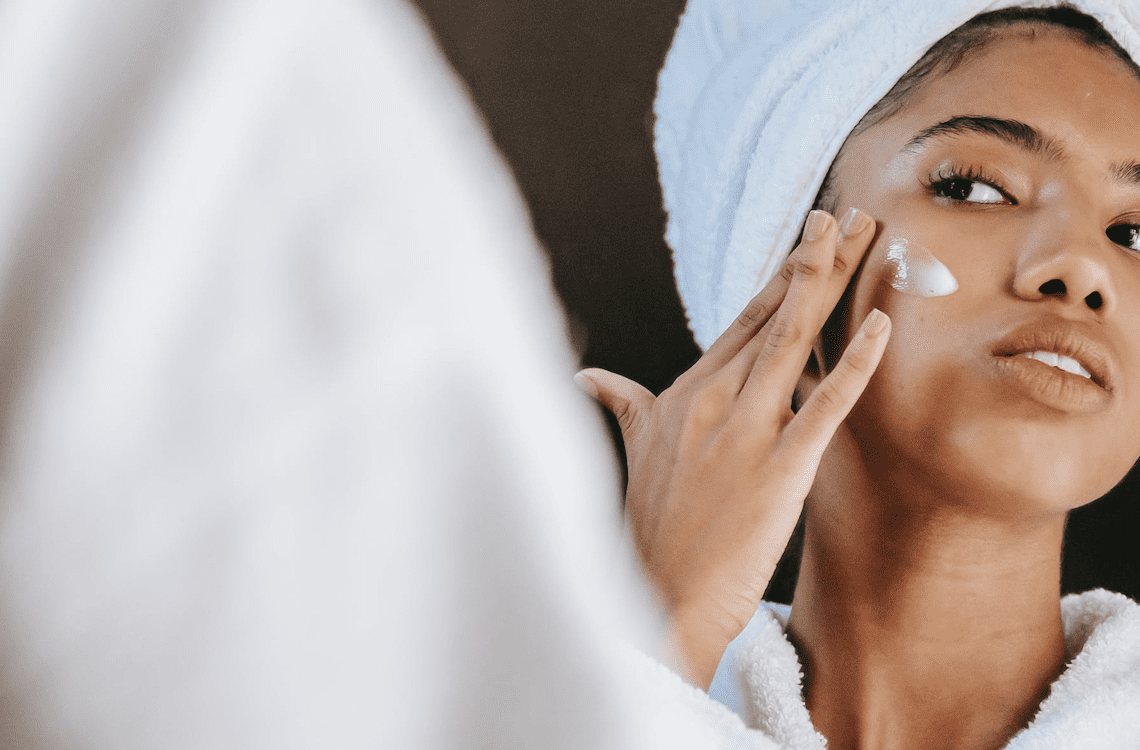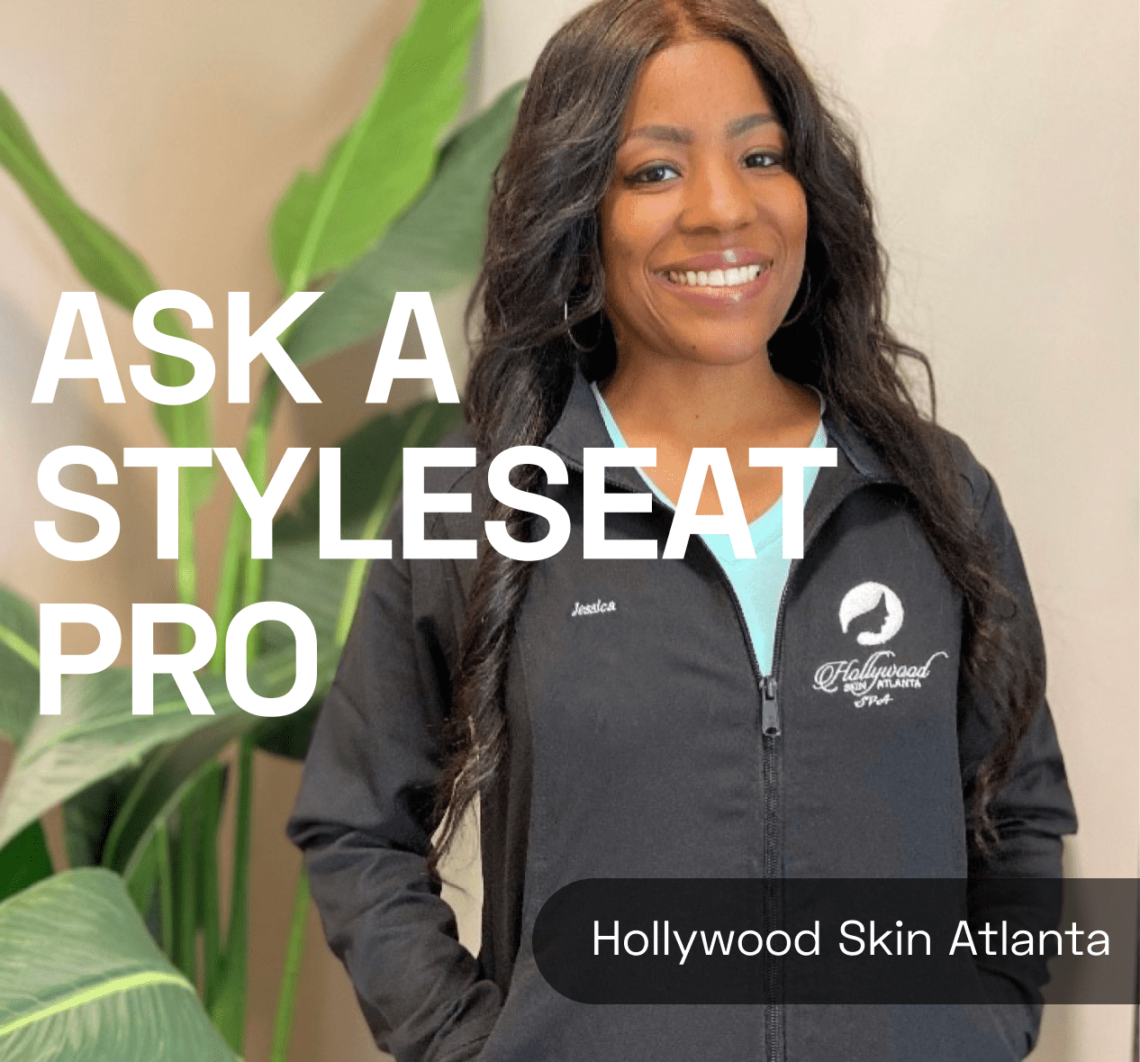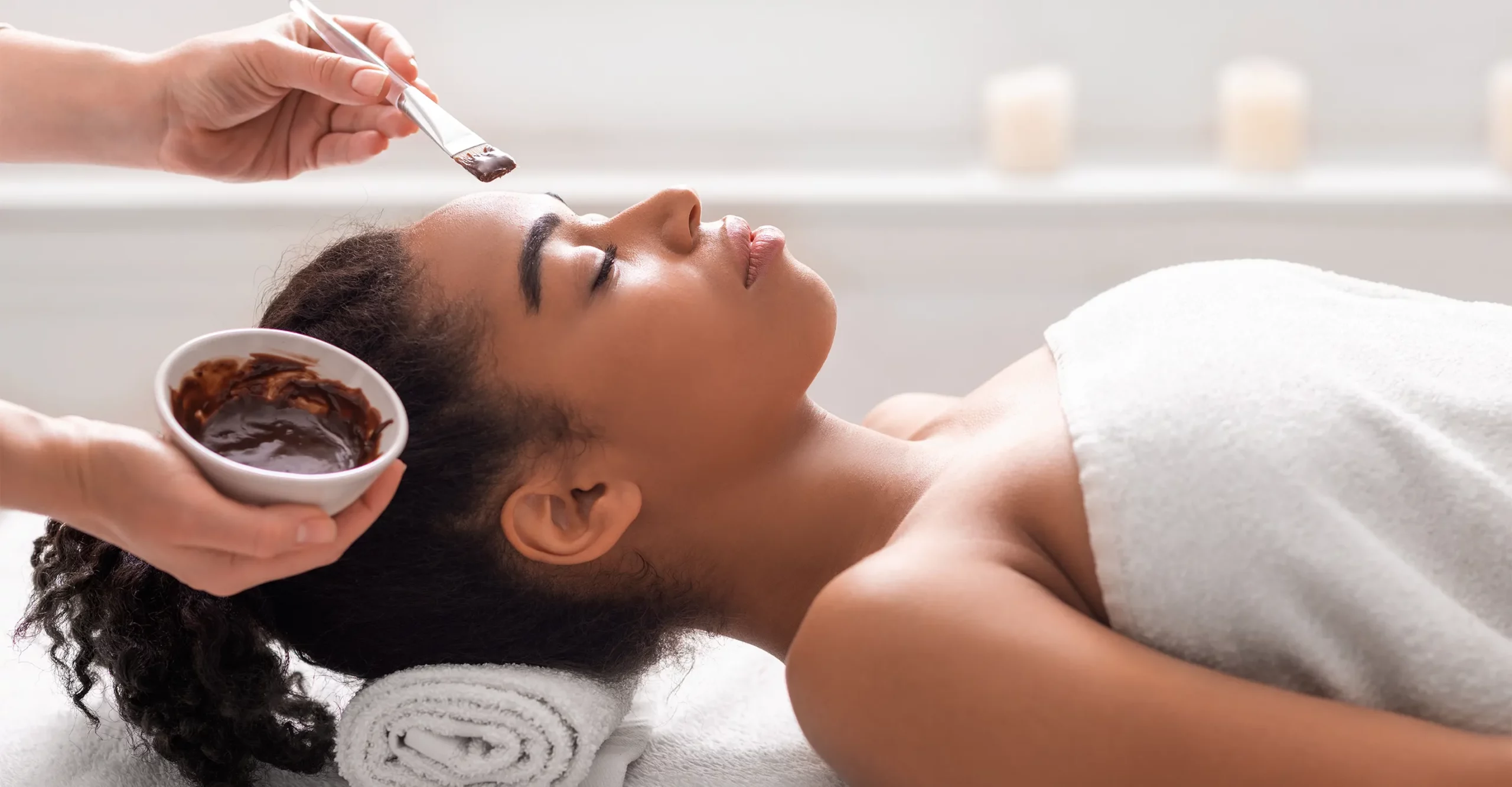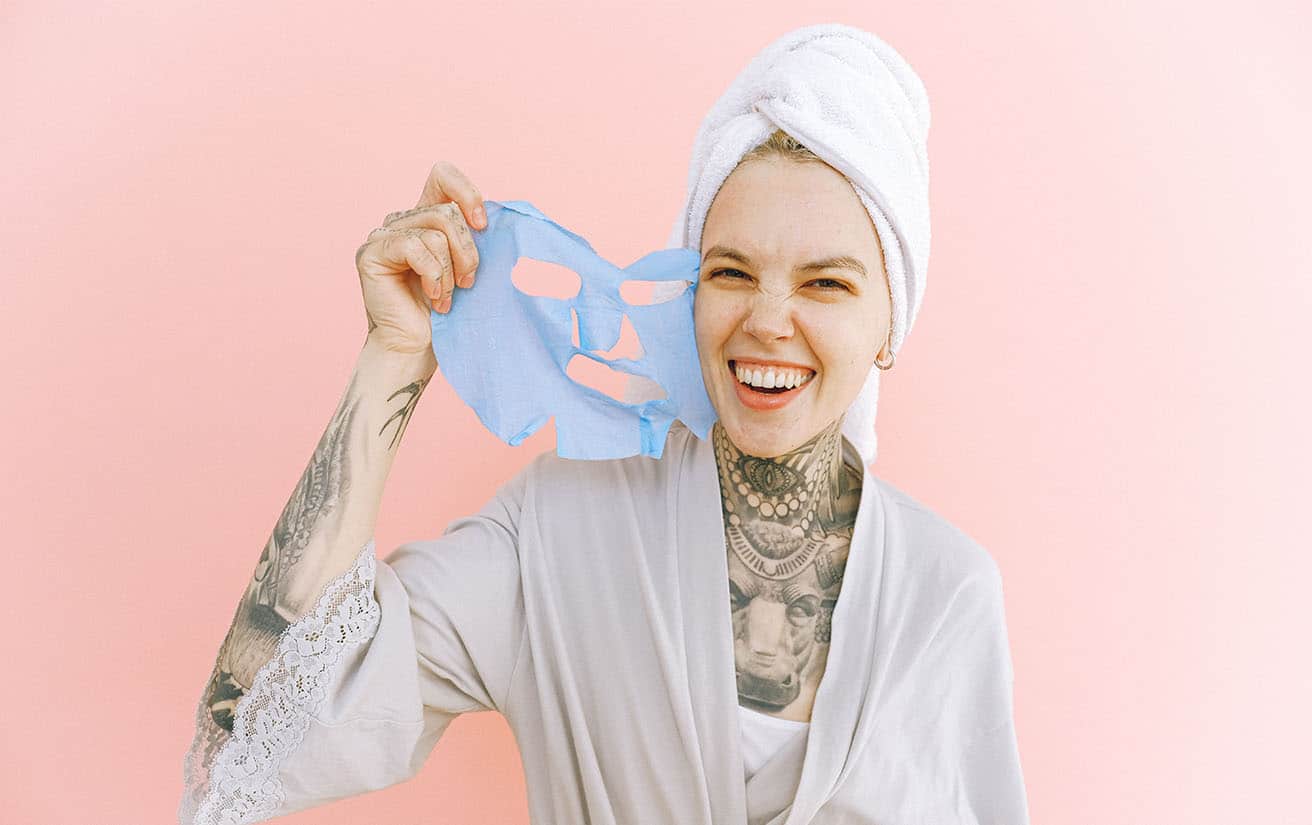What Is Skin Slugging and Is It Good For You?

The Ask a Pro series is your chance to have all of your questions answered by top StyleSeat beauty, grooming, and wellness experts. Have a question for us? Submit your question here, leave a comment below, or tag us on social media @StyleSeat with #askaprostyleseat.
If you’re like us, you’re probably always looking for the next best thing to achieve your skincare goals: products, practices, or tools. Skin slugging has been becoming increasingly popular on social media with Instagram and TikTok influencers sharing their glowing skin results. So what is skin slugging? We asked a StyleSeat esthetician and industry experts and got the scoop for you.
What is skin slugging?
“So in 2022 [social media], slugging probably to most people is like using Vaseline or CeraVe healing ointment usually at night after you use a serum or after you wash your face, and it’s basically to trap the moisture in your skin. Now in the office, we don’t use the term slugging. We use the word ‘occlusives,’” says Dr. Camille Howard-Verovic, New York-based dermatologist and founder of GIRL+HAIR.
Why would you want to lock in moisture? If the skin feels like it’s losing moisture. “You can have increased transepidermal water loss, and when there is a lot of transepidermal water loss it compromises your skin barrier. Your skin is important to protect you from the outside environment, and it’s also really important for immunological function as well,” explains Howard-Verovic.
How does Vaseline work to lock moisture in your skin?
The Vaseline formula allows for moisture to be locked in place. “Petrolatum, the major ingredient in Vaseline, is a potent occlusive ingredient which effectively locks in moisture and provides visible relief from dry skin (when used regularly),” says Dr. Michelle Henry, Vaseline dermatologist partner. “While petrolatum is an occlusive agent, it is not comedogenic and does not clog pores on its own.”
Skincare 101: For Beginners
Not sure what these popular skincare terms mean? We have you covered.
Dermatologist: A doctor who specializes in hair, skin, and nails
Epidermis: The outermost layer of the skin
Esthetician: A licensed professional who provides facial and spa skincare services.
Occlusive: Moisturizing agents that assist with providing moisture and protecting the skin
Slugging: Applying a rich moisturizer to skin for moisture retention
Transepidermal: Water loss that occurs when it’s evaporated from the skin
How do you incorporate skin slugging into your skincare routine?
When adding this practice to your routine, Howard-Verovic recommends layering your products. “You want to think about using a light layer first, like a serum, maybe water-based or gel-based serum, and then sometimes serums with hyaluronic acid in it. That’s like a humectant serum with glycerin. And then you can incorporate the occlusive therapy on top of that.”
However, Howard-Verovic emphasizes that occlusive therapy isn’t only for your face. “It can be [used] anywhere. It can be your legs, it could be your arms, wherever you’re prone to dryness or skin sensitivity,” says Howard-Verovic. Next time you hop out of the shower and seek maximum hydration for your skin, use body lotion and layer a petroleum-based product on top.
Which skin types benefit the most from skin slugging?
Before using any skincare products or methods, you should always consider your skin type or condition. According to Jessica Julien Idris, StyleSeat esthetician and owner of Hollywood Skin Atlanta, dry skin will benefit the most from skin slugging. “Dry skin doesn’t make enough of that oil activity that your skin should naturally make… so dry skin would benefit from this because we would like to trap in that moisture sealing and with something pretty occlusive, which would help them. Also, anyone suffering from dermatitis, which is any sort of irritability caused by either product usage or environment, something like eczema. They suffer severely from transepidermal water loss, where their skin can’t retain that moisture.”

Are there skin types that won’t benefit from skin slugging?
Oily skin may not have the best results, notes Julien Idris. She explains, “You can create adverse reactions where you may start clogging your pores, and you’re starting to break out more, so I’d recommend getting a consultation first to see if this new trend is suitable for your skin type.” If you also have acne-prone skin, it may be best to avoid this skincare technique to minimize breakouts.
What are the long-term benefits of skin slugging?
Julien Idris shares that it’s repairing the epidermis or the top layer of the tissue where in some cases, especially for those suffering from dermatitis or eczema, it can help restore that barrier.
Whether you think skin slugging is for you or think you should pass on this at-home skincare trend, striving for healthy skin will never go out of style. “Live your own best skin or whatever that is for you. For me, best skin is healthy skin, not necessarily glass skin or perfect skin,” says Howard-Verovic.
For the best skincare results, see a dermatologist or book an appointment with a StyleSeat esthetician to find the best skincare regimen for you.


